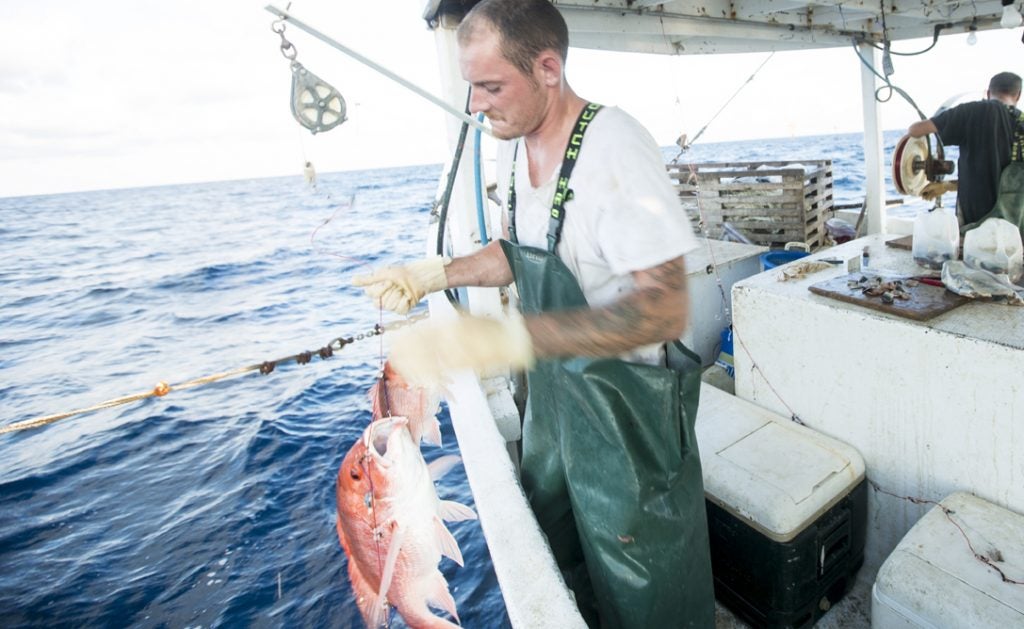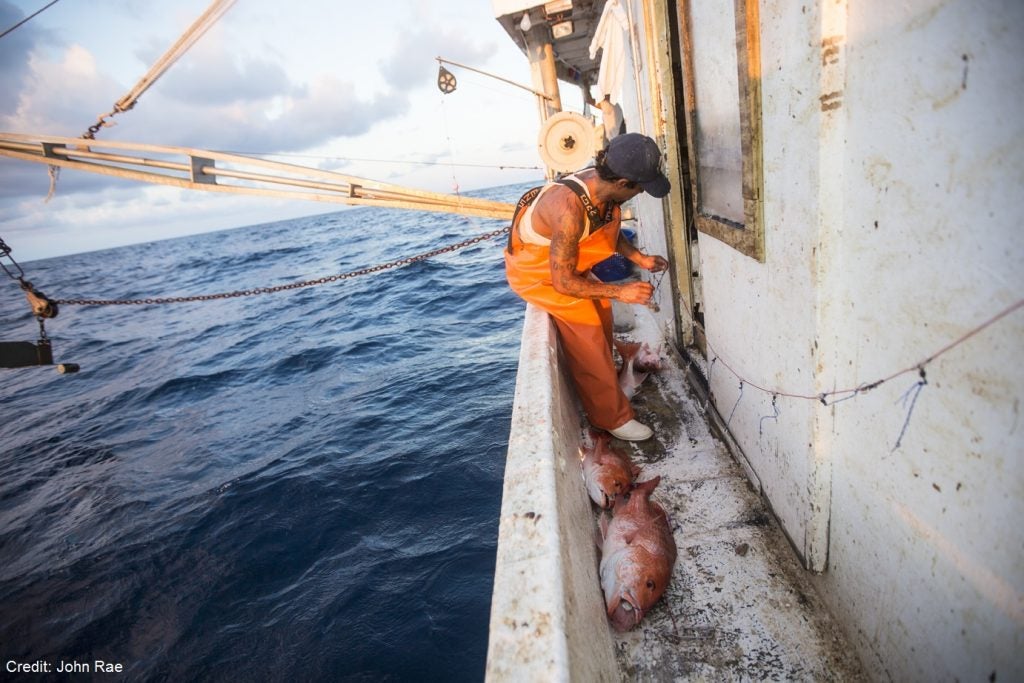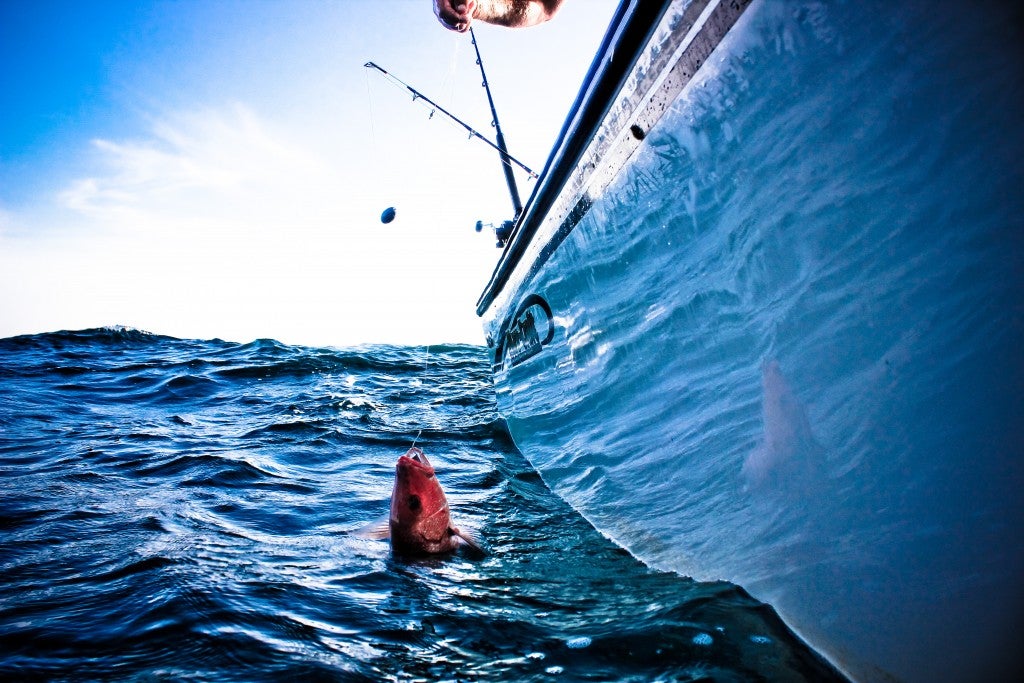This year has featured a flurry of fisheries-oriented bills, many with provisions that threaten to undermine the significant progress the United States has made in reducing overfishing and rebuilding overfished fisheries. Understandably, much of our attention as conservationists has been on the threats to annual catch limits, accountability, and rebuilding requirements. But this focus risks missing other aspects of the bills that also threaten conservation without providing any real benefit to commercial fishermen, anglers or seafood consumers.
A closer look at the catch share, reallocation, and exempted fishing permit (EFP) provisions of H.R. 200 and S. 1520 reveals that they would hamstring effective conservation and management. While controversies, complexities, and pressures have led to a push for action on these bills, in the always-complex world of fisheries management, the provisions discussed below are all risk and no reward. Read More











 A recently-filed bill with the upbeat title “The Modernizing Recreational Fisheries Management Act,” H.R. 2023, would unfortunately do just the opposite. By gutting one of the most important improvements of modern fisheries law, we believe that this bill would move us backwards to a time of widespread overfishing.
A recently-filed bill with the upbeat title “The Modernizing Recreational Fisheries Management Act,” H.R. 2023, would unfortunately do just the opposite. By gutting one of the most important improvements of modern fisheries law, we believe that this bill would move us backwards to a time of widespread overfishing. ![By Amada44 (Own work) [GFDL (http://www.gnu.org/copyleft/fdl.html) or CC BY 3.0 (http://creativecommons.org/licenses/by/3.0)], via Wikimedia Commons](https://blogs.edf.org/edfish/wp-content/blogs.dir/18/files/2015/11/UShaka_Sea_World_0893a-1024x678.jpg)
